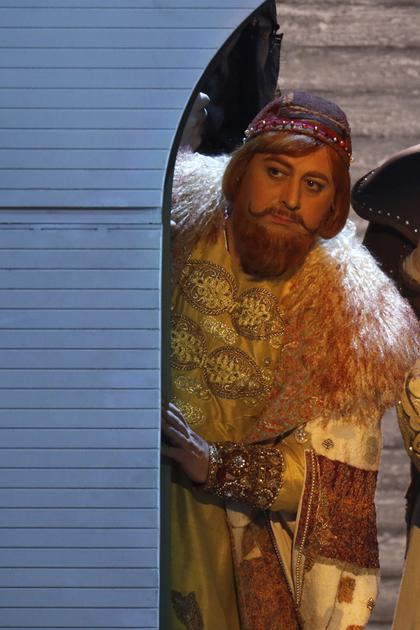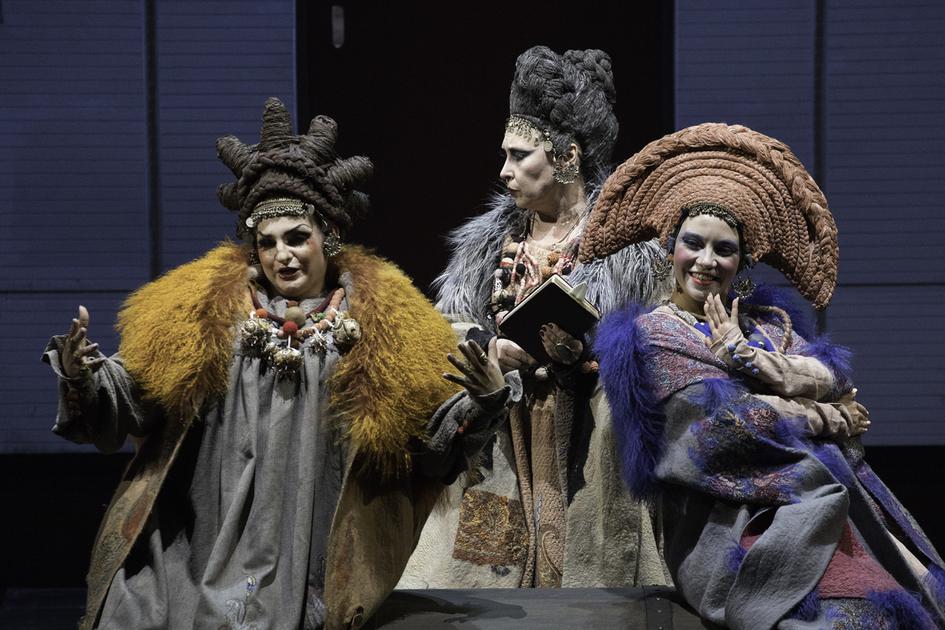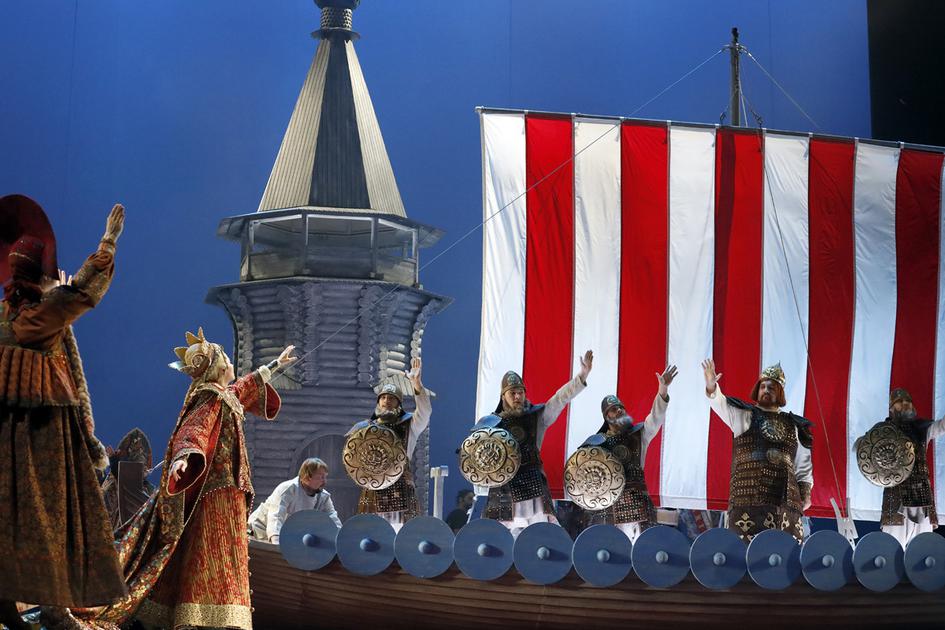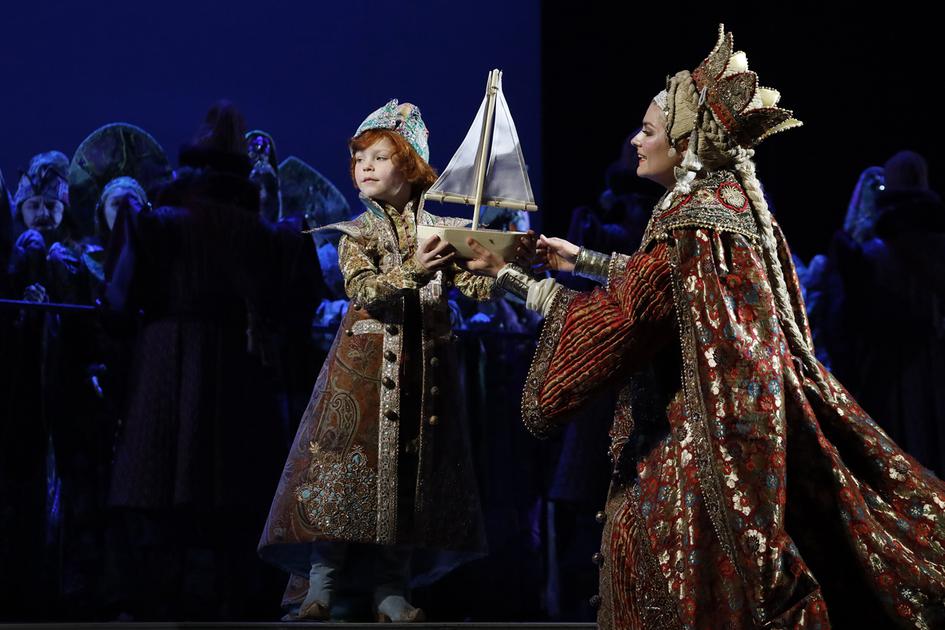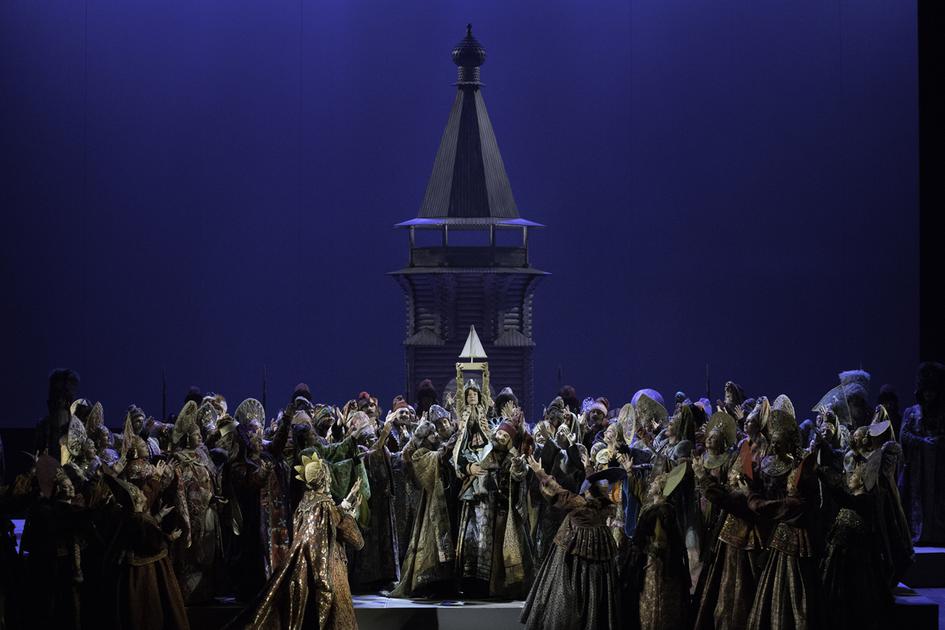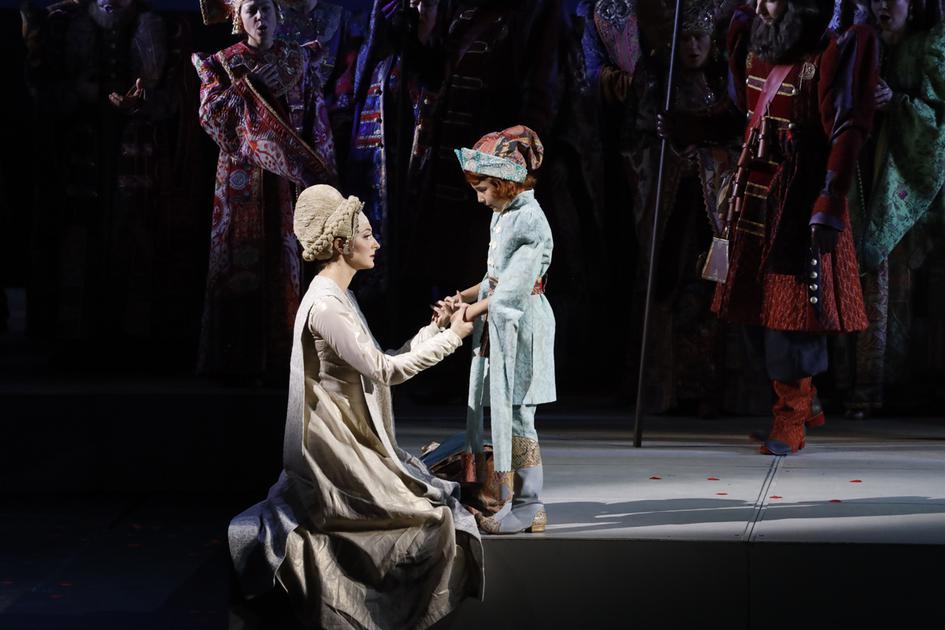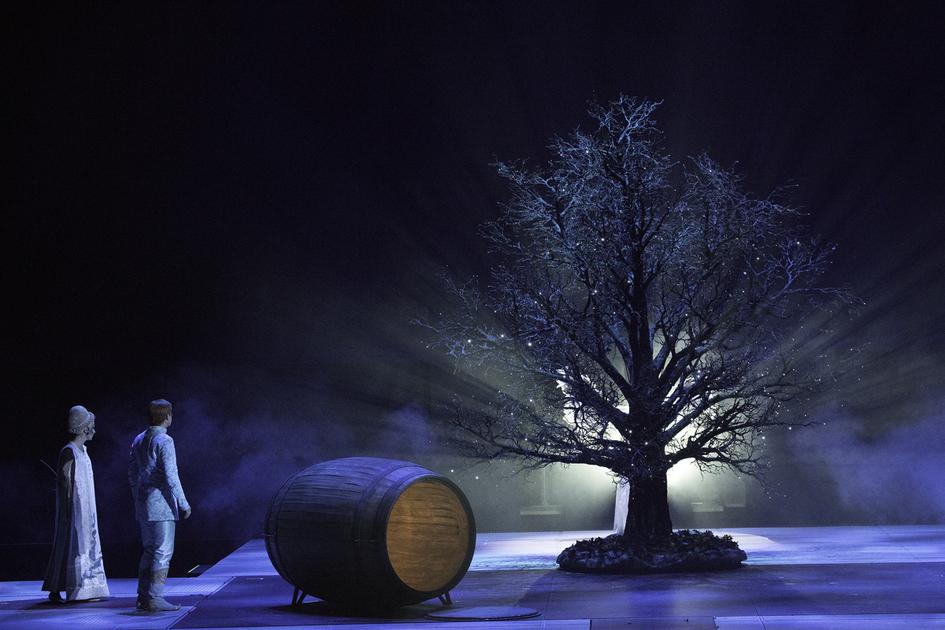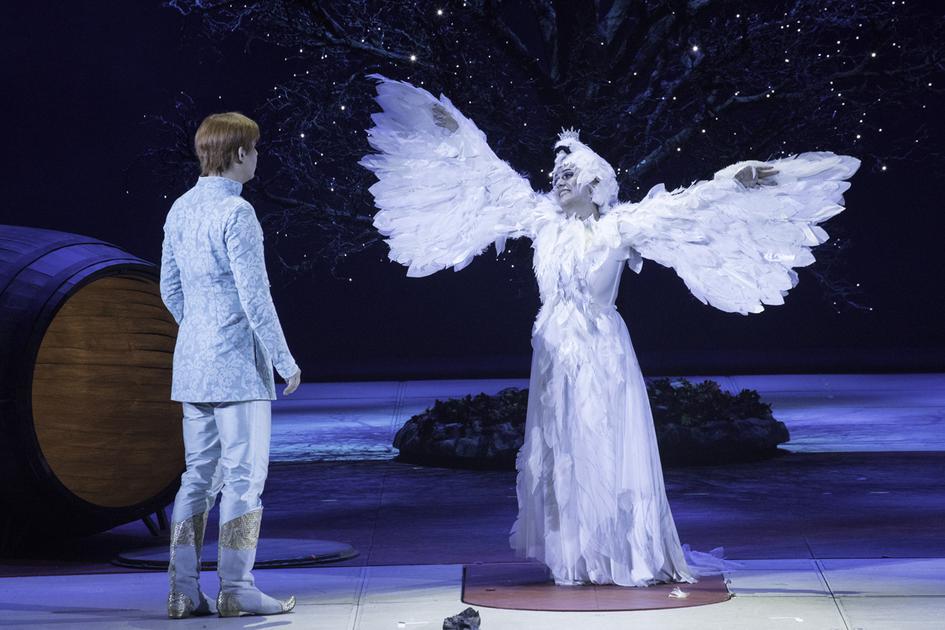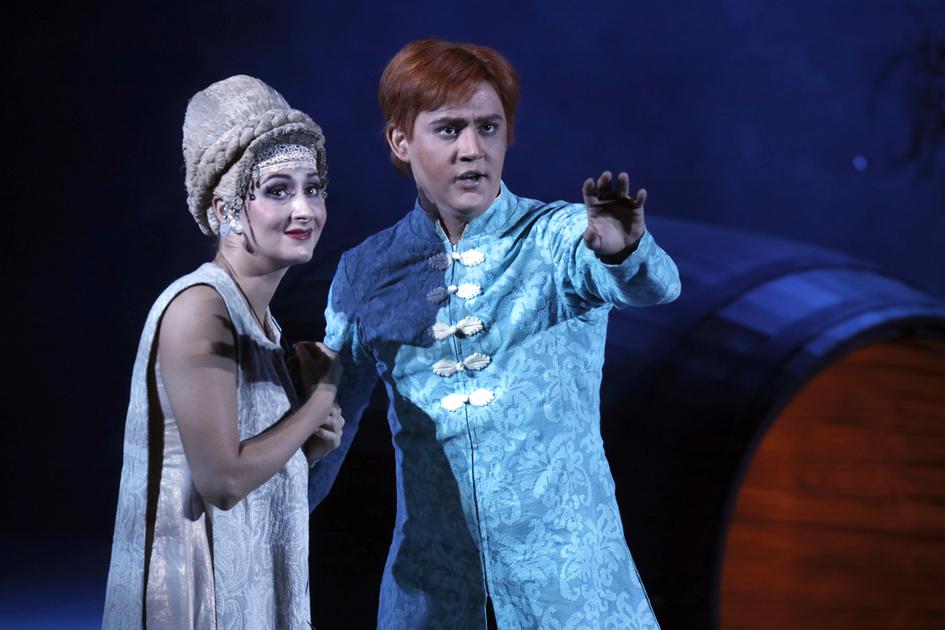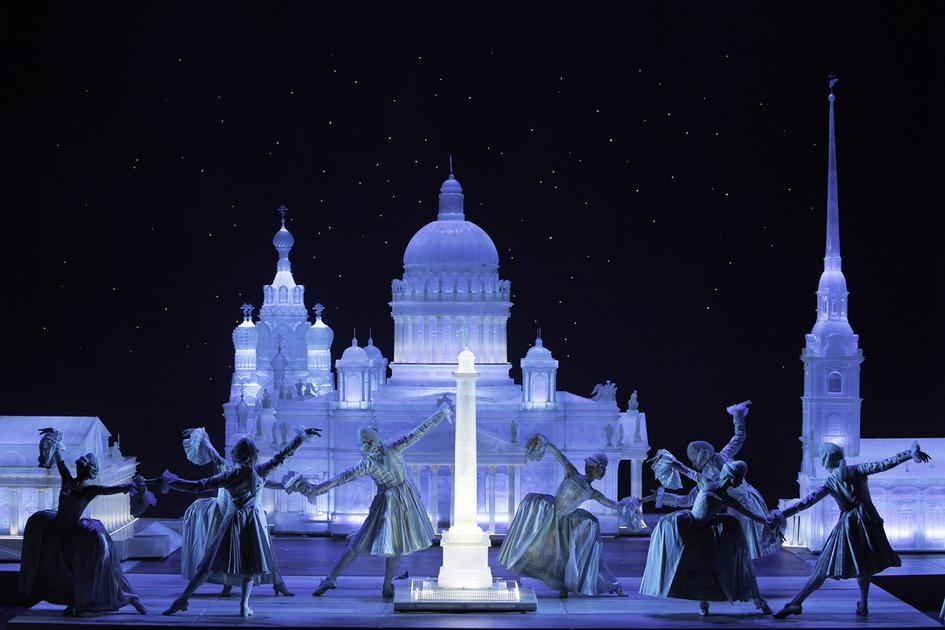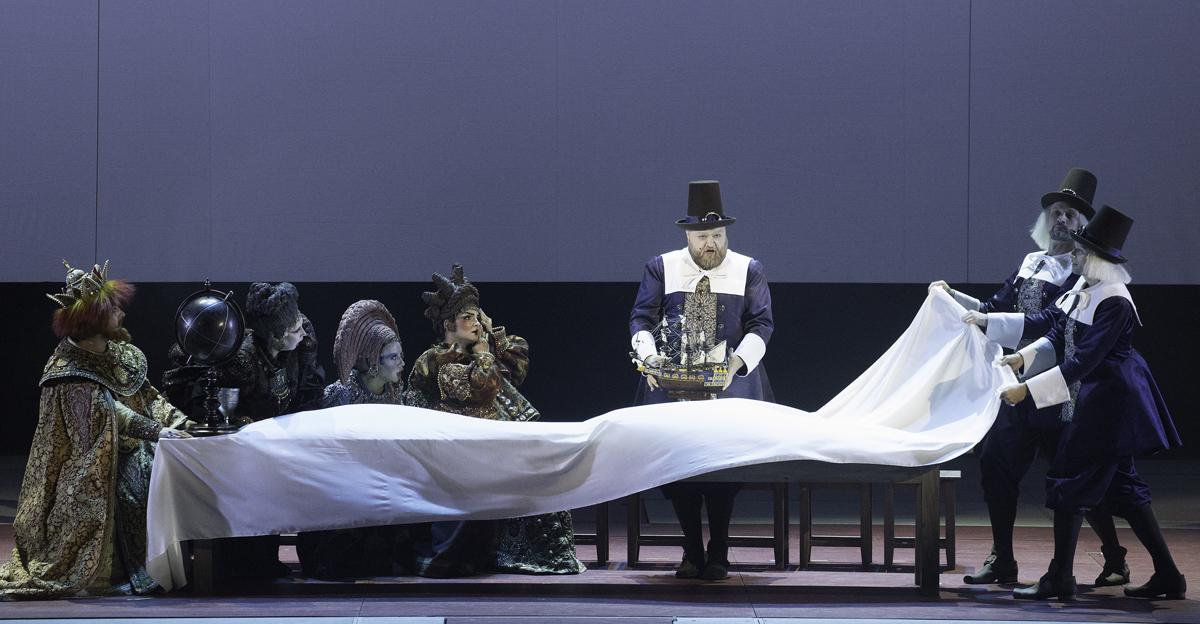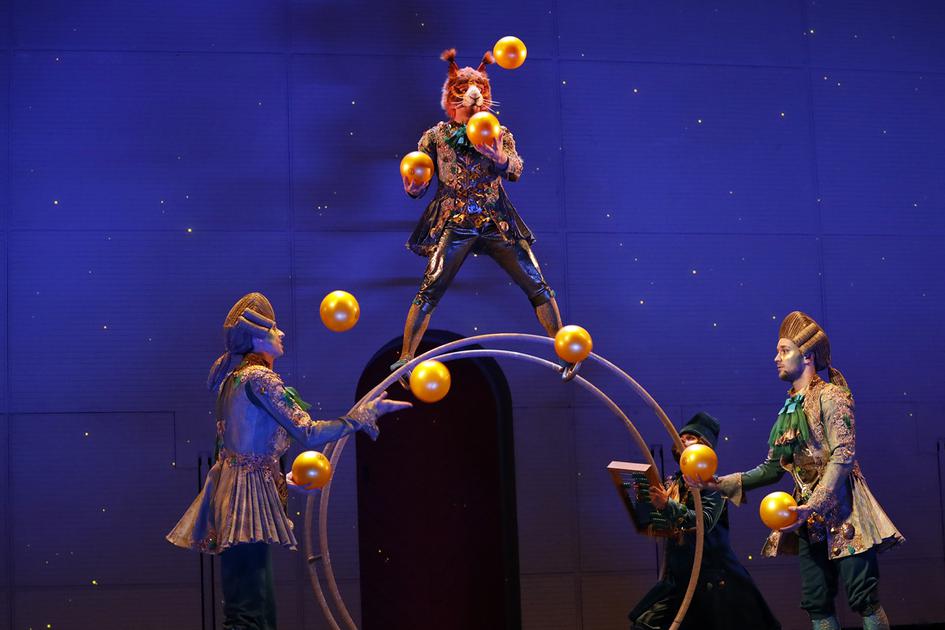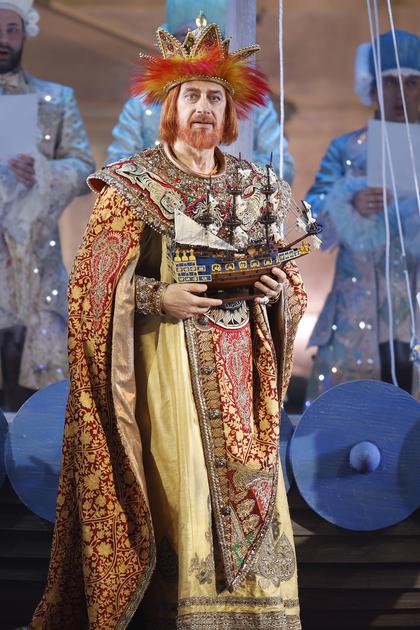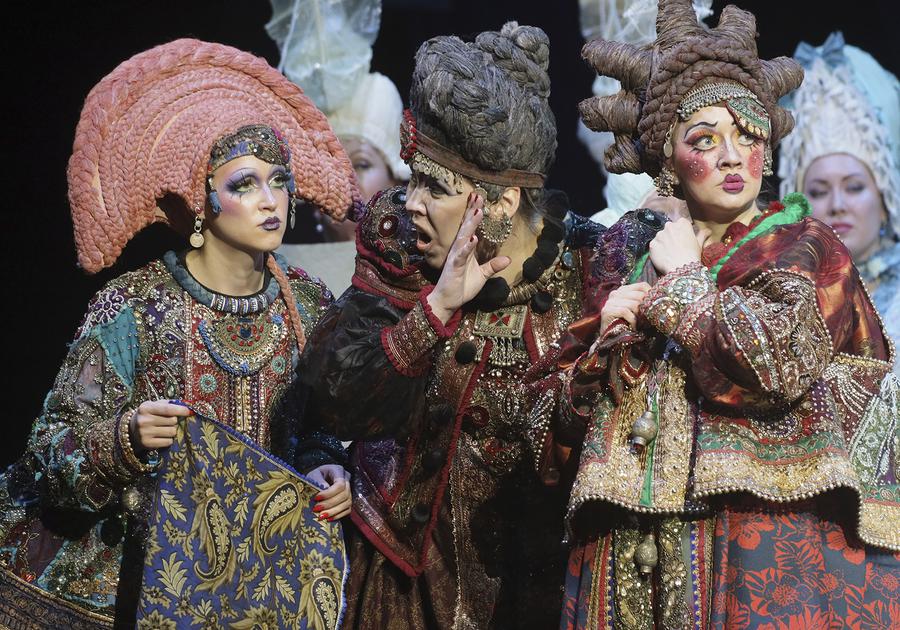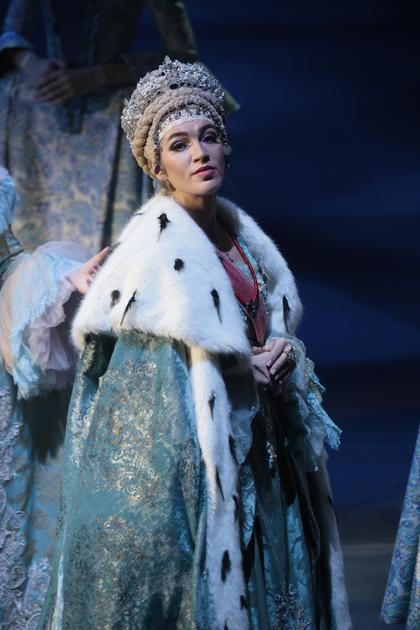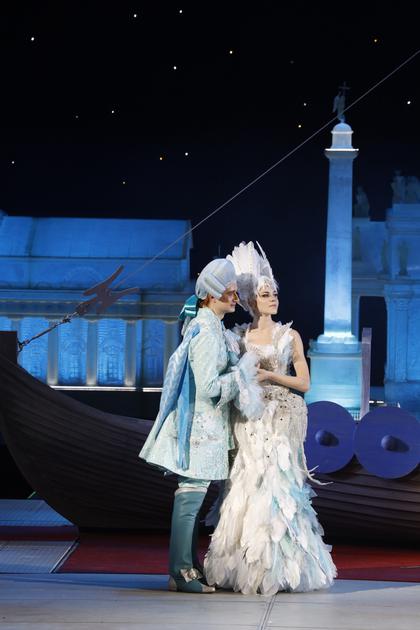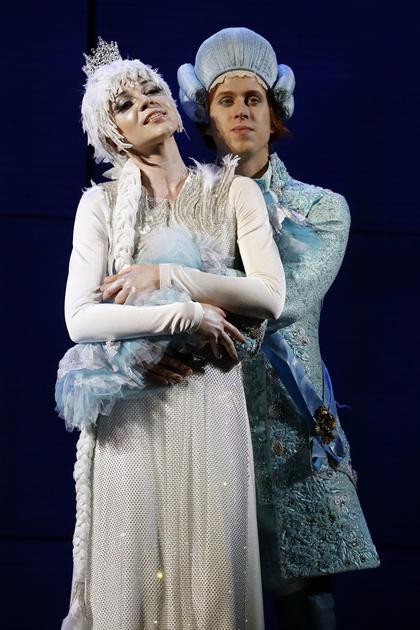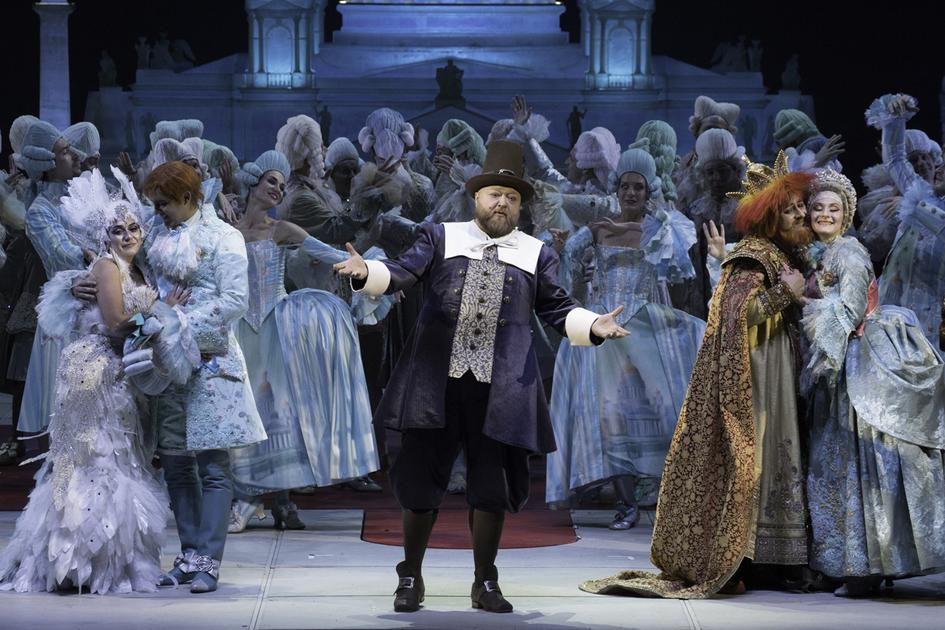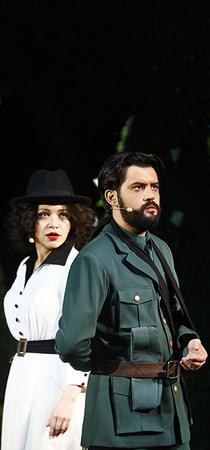
Hector Berlioz
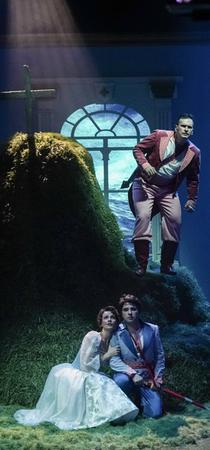
Alexei Verstovsky
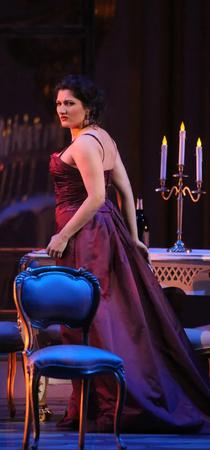
Giuseppe Verdi
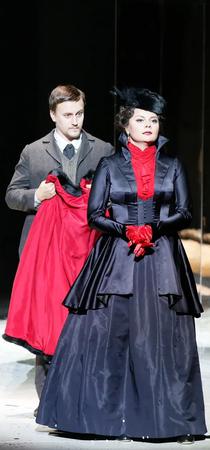
Mieczysław Weinberg
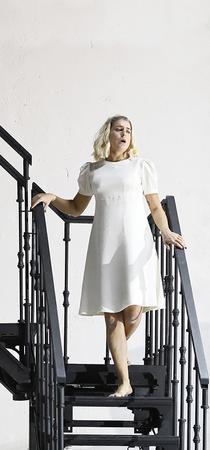
Richard Strauss
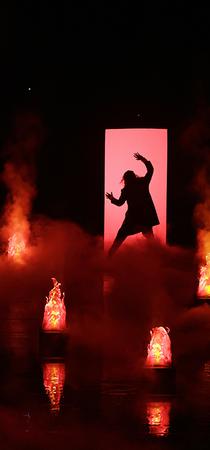
Wolfgang Amadeus Mozart
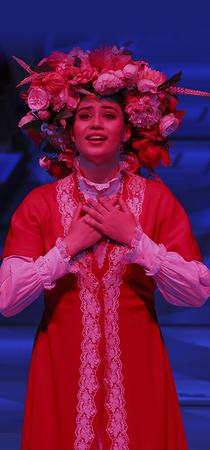
Alexander Ostrovsky, music by Pyotr Tchaikovsky
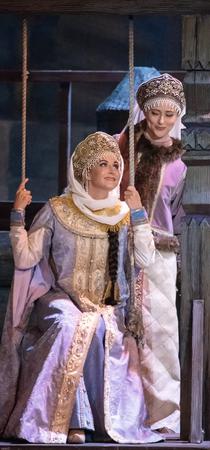
Nikolai Rimsky-Korsakov
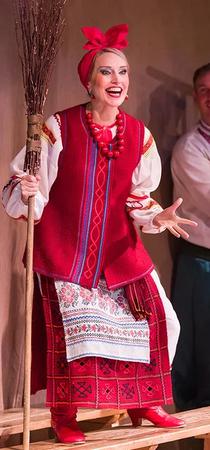
Modest Mussorgsky
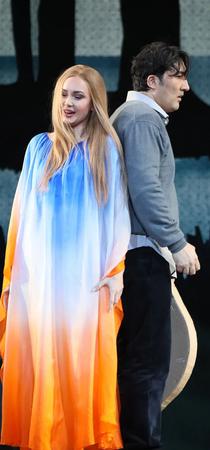
Nikolai Rimsky-Korsakov
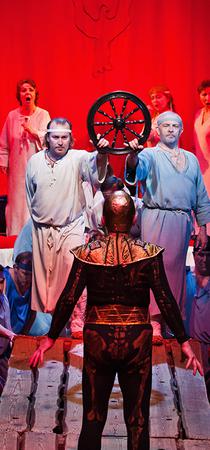
Dimitry Rostovsky
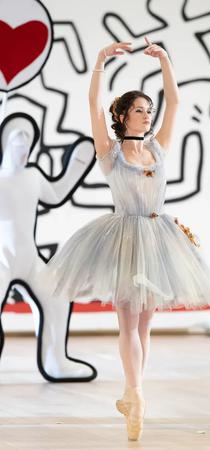
Gioacchino Rossini
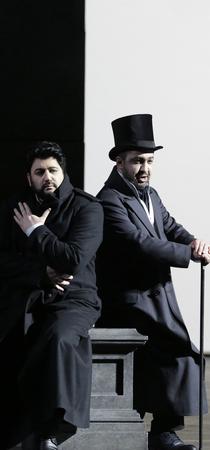
Pyotr Tchaikovsky
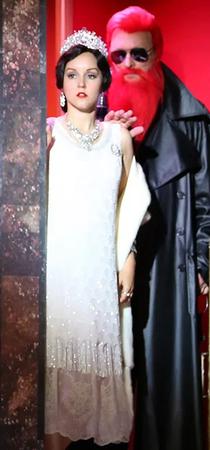
Jacques Offenbach

Richard Wagner
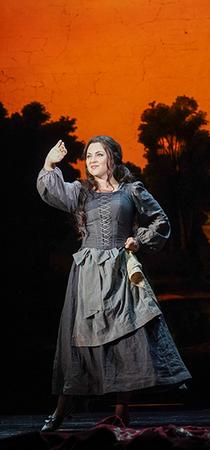
Gaetano Donizetti
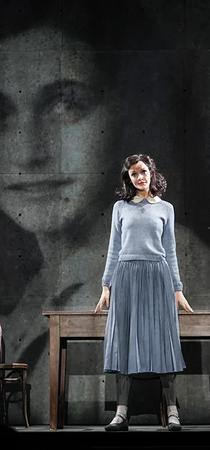
Grigory Frid. Udo Zimmermann
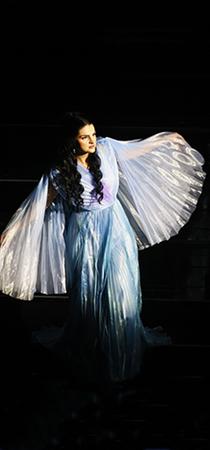
Anton Rubinstein
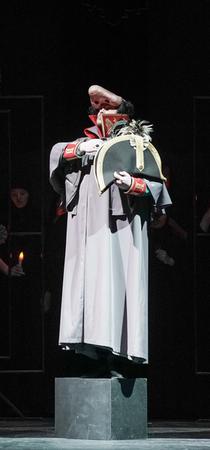
Dmitry Shostakovich
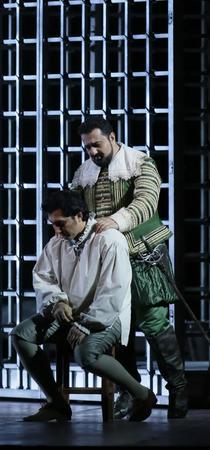
Giuseppe Verdi

Georges Bizet
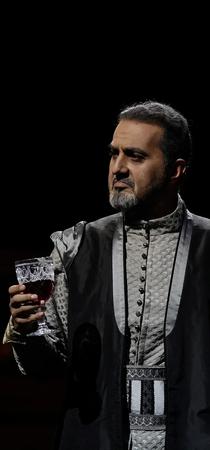
Pyotr Tchaikovsky
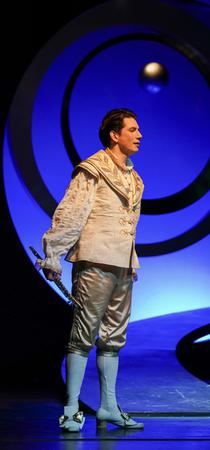
Wolfgang Amadeus Mozart
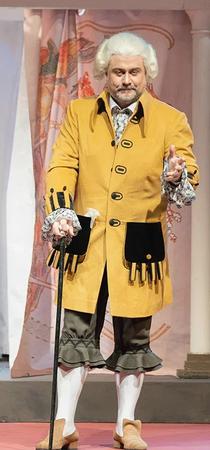
Wolfgang Amadeus Mozart
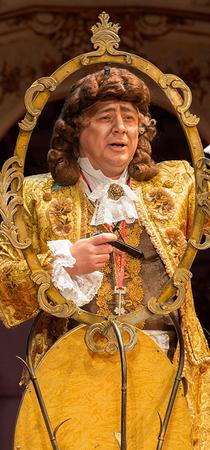
Georg Philipp Telemann
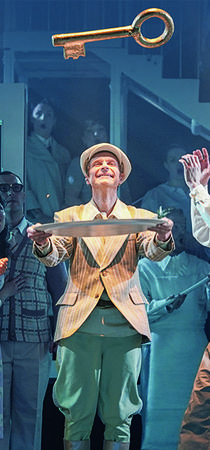
Dmitry Shostakovich
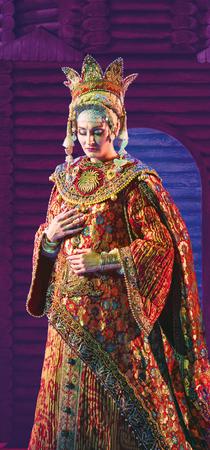
Nikolai Rimsky-Korsakov
Igor Stravinsky
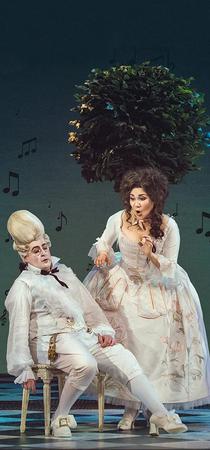
Gioachino Rossini

Wolfgang Amadeus Mozart
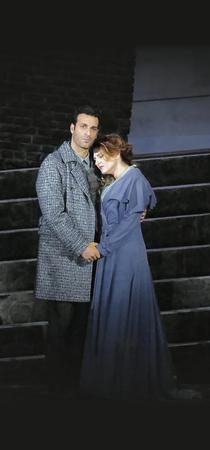
Giacomo Puccini
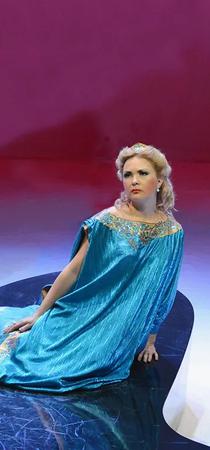
Richard Strauss
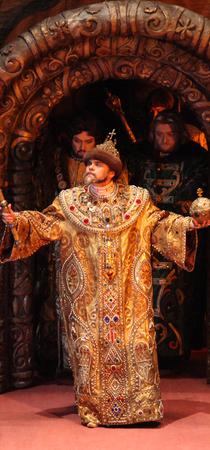
Modest Mussorgsky
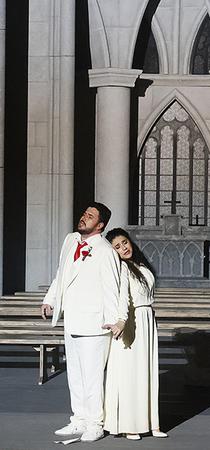
Mikhail Glinka
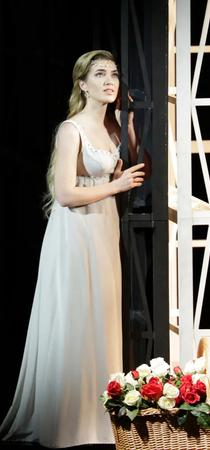
Pyotr Tchaikovsky
Modest Mussorgsky
Modest Mussorgsky
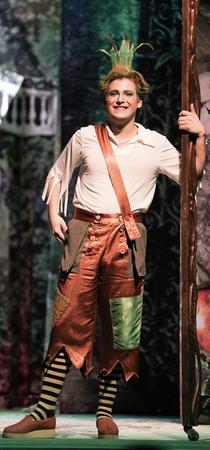
Tatiana Kamysheva
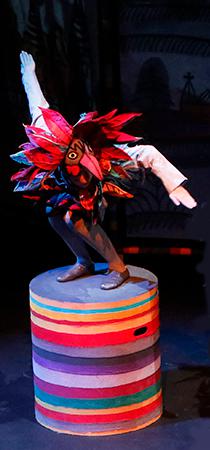
Giuseppe Verdi
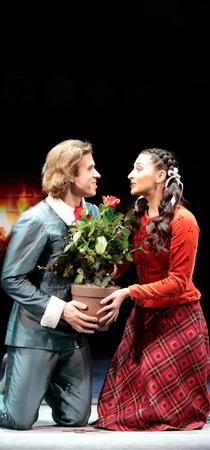
Sergei Banevich
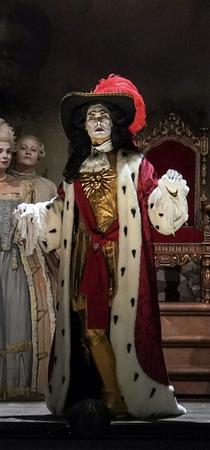
Umberto Giordano
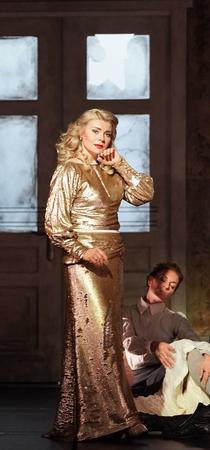
Sergei Prokofiev. Maurice Ravel
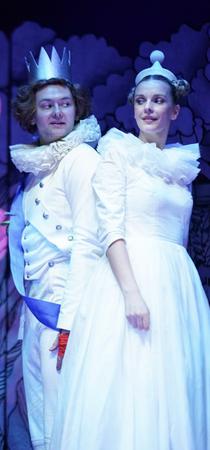
Andrei Rubtsov
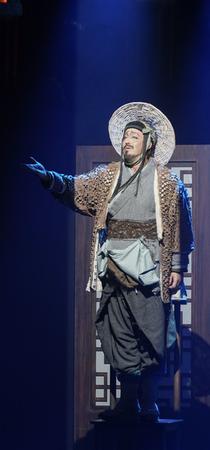
César Cui. Igor Stravinsky
Modest Mussorgsky
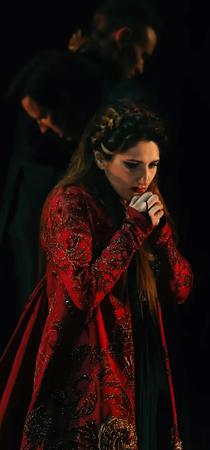
Giacomo Puccini
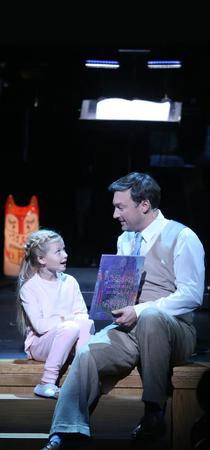
Benjamin Britten. Camille Saint-Saëns
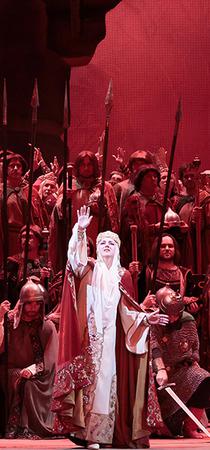
Alexander Borodin
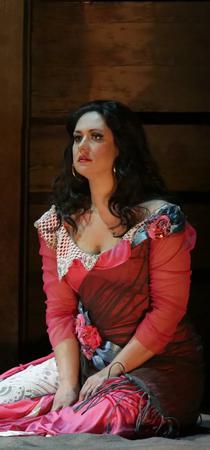
Georges Bizet
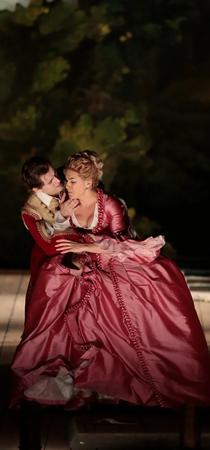
Wolfgang Amadeus Mozart
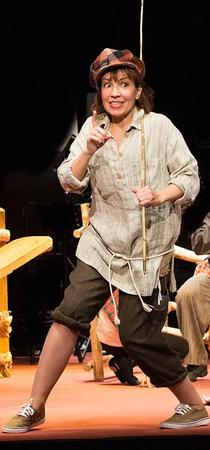
Sergei Prokofiev
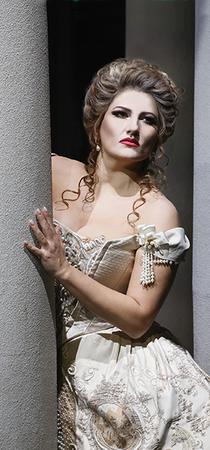
Francesco Cilea
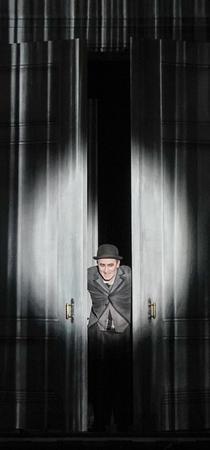
Ruggero Leoncavallo
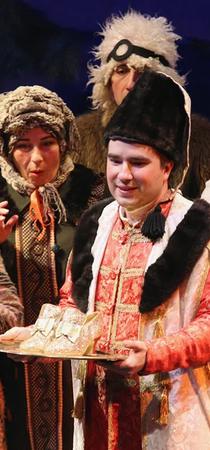
Pyotr Tchaikovsky
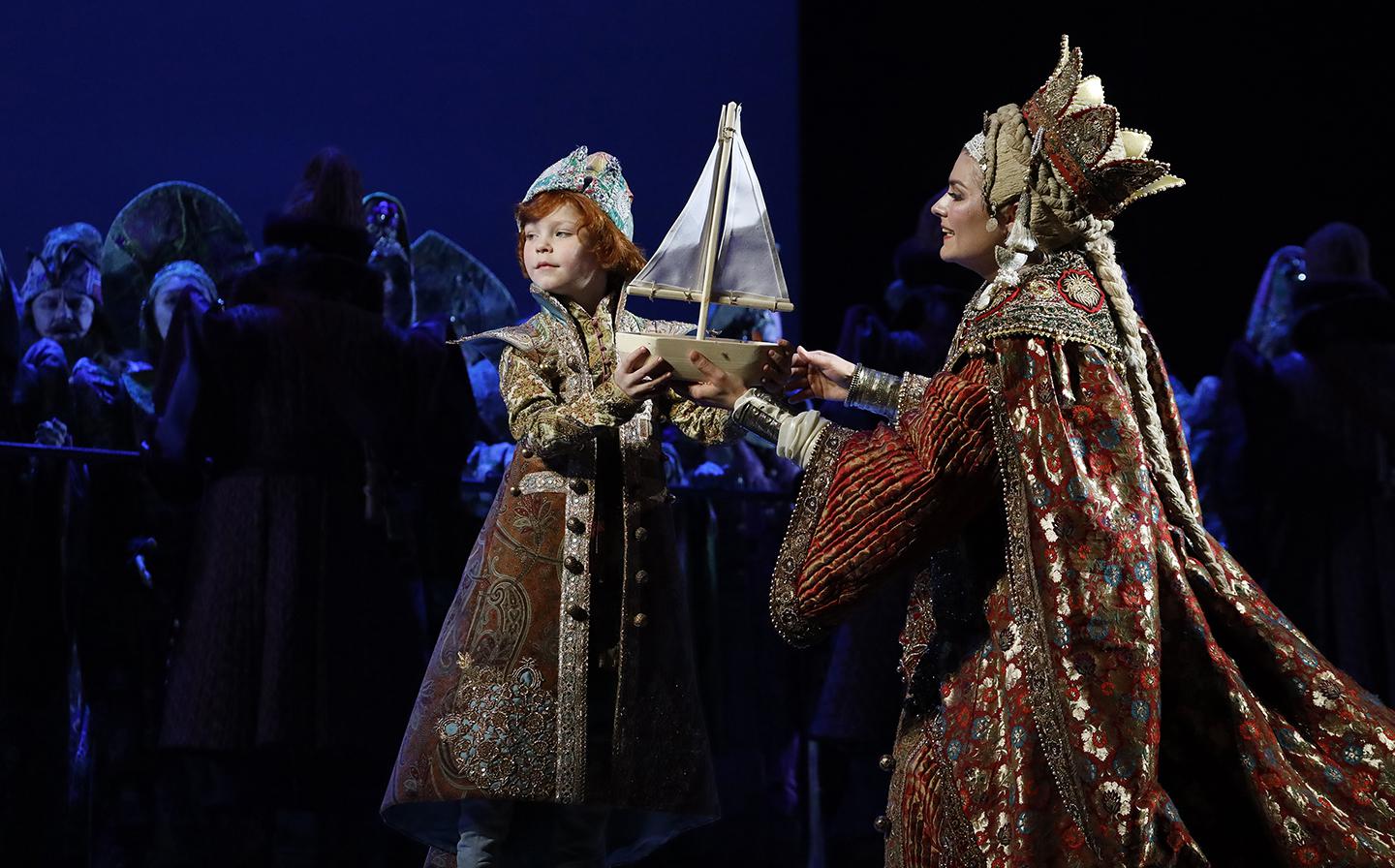
The Tale of Tsar Saltan is the fairest fairy tale among all others by Nikolai Rimsky-Korsakov (1900). Turmoils experienced by its heroes are resolved happily for everyone; even villains receive forgiveness; the most important thing, though, nobody dies. The only exception is a ‘wizard’- kite: he appears for a minute in the second act and immediately perishes from ‘Tsarevich’ (prince in English) Guidon’s arrow – following the plot of Alexander Sergeevich Pushkin.
Wonderfully written libretto full of musical ‘wonders’ by Vladimir Belsky and the score by Rimsky-Korsakov were already highly appraised during premiere. It was first performed by Private Opera Society (1900). Performance became legendary due to scenic design by Mikhail Vrubel and ‘mysterious look of unforgettable Tsarevna’ (The Swan-Princess). The role was created by artist’s wife Nadezhda Zabela-Vrubel (quoted in the review by famous critic and musicologist Evgeny Braudo).
Premiered on September 26, 2019.
Presented with two intervals.
Libretto by Vladimir Belsky after Alexander Pushkin’s tale of the same name

With participation of circus artists.
Wednesday, 19:00
Tuesday, 19:00
Sunday, 14:00
Saturday, 19:00
Friday, 19:00
Thursday, 19:00
Wednesday, 19:00
Saturday, 19:00
Friday, 19:00
Thursday, 19:00
Thursday, 12:00
Saturday, 12:00
Friday, 19:00
Thursday, 19:00
Wednesday, 19:00
Sunday, 19:00
Saturday, 19:00
Friday, 19:00
Friday, 12:00
Thursday, 19:00
Thursday, 12:00
Wednesday, 19:00
Thursday, 19:00
Wednesday, 19:00
Sunday, 14:00
Saturday, 19:00
Sunday, 19:00
Saturday, 19:00
Saturday, 12:00
Friday, 19:00
Thursday, 19:00
Wednesday, 19:00
Wednesday, 12:00
Prologue
On a winter evening, two girls are dreaming of meeting a rich groom. While they are making plans, the care for their beauty lies on the shoulders of their younger sister, Militrisa. She is not treated well in the family: ‘Why shouldn’t we order that silly girl around?’ The witch Old mother Babarikha is watching the scene.
The elder sisters, encouraged by Old mother Babarikha, praise themselves and dream about what each of them would do if she suddenly became a Tsar's wife.








